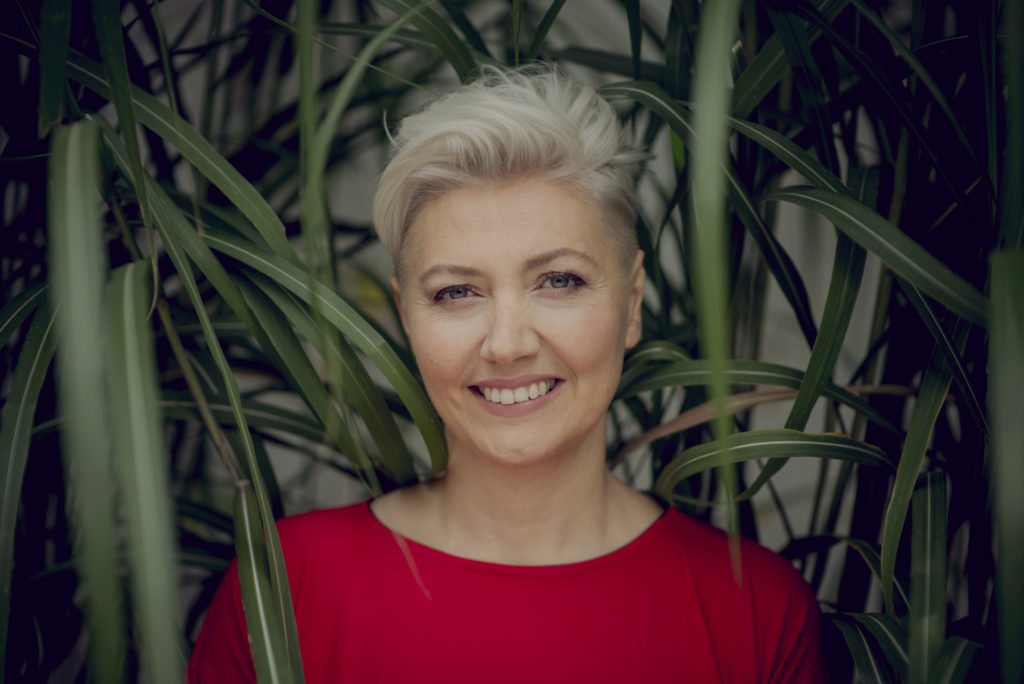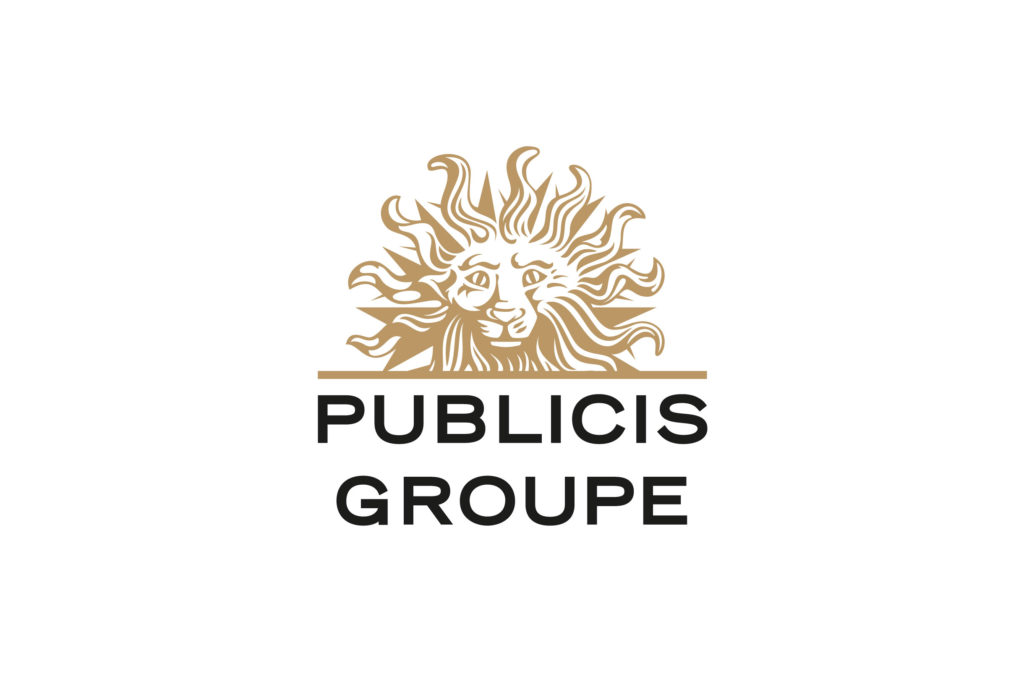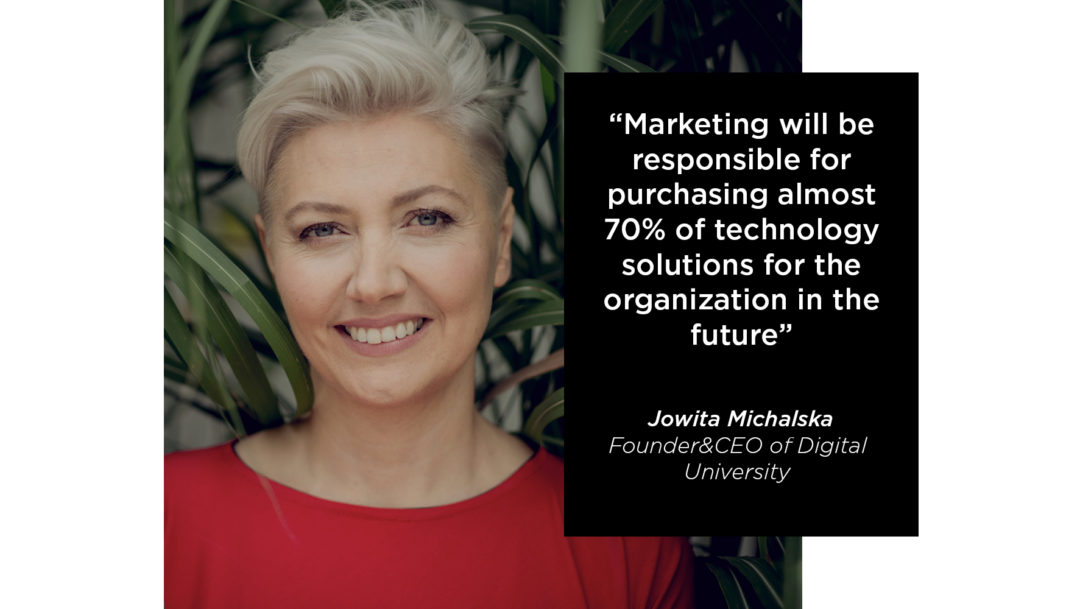Piotr Ruszak, Chief Communications Officer Publicis Groupe Polska, talked to Jowita Michalska, founder of Digital University, about technology meta trends for the coming decade.
Piotr Ruszak: Do you think that after the current crisis we will not go back to the old normality, nor should we wait for the new normality; there is a new world disorder ahead of us. It sounds quite ominous, can you give us some insight into this phenomenon?
Jowita Michalska: It’s not worth expecting a return to any normality, old or new – all futurists and trend watchers in the world agree on this. For the time being, a hybrid formula of the world awaits us, but we still need to find out what exactly this hybridity is. Seriously, we have to approach this semi-online and semi-offline world anew, because so far we’ve tried to implement the principles of offline to online and we already know that it didn’t work. We have to learn to live in this changing world, and technology is now giving us a lot of new tools. For remote working alone, about a hundred different tools have been created during the pandemic to make it easier for us just to have hybrid meetings, better networking, efficiency or creativity at work. The word changeability is the key here, because in the next 10 years we should expect many more changes and novelties that we will have to adapt to very quickly. What will these changes be? Unfortunately, we do not know. Will it be climate change, social change, migration, the development of artificial intelligence, automation of the labor market, or maybe (hopefully not) another pandemic? Openness to change, curiosity instead of fear and careful observation of what is happening around us are the qualities that we must cultivate in ourselves and in our children today in order to be able to find our way in the coming world.
PR: What are meta trends and what circumstances must exist for a meta trend to come true?
JM: Metatrends are the convergence at the intersection of several different technologies that together create something very disruptive that will have a fundamental impact on the world, on how we live and how we work. There is no doubt that they are coming and will come to fruition, because in the case of the metatrends observed by Singularity University, the technology is most often already in place and the work of developing and massaging it is well underway. This is the case with vertical farming – huge indoor farms producing food for thousands of people can already be found in China and Japan, increasingly in the States. The same is true of virtual and augmented reality technology and its application in business. We are slowly seeing it already, for example, in the presentation of products by IKEA. Business use for hybrid meetings is proposed by Microsoft in its MESH technology. AI assistants will proliferate in the coming years, the substitute of which we have today in homes in the form of Alexa voice assistants. This is the world that is coming and there is no doubt about it.
PR: For which meta trends has the pandemic and its associated crisis been the strongest driver, why?
JM: A great deal of investment has gone into the medical field for understandable reasons – artificial intelligence applied to the development of new drugs and finding new uses for existing drugs has significantly accelerated the development of medicine, and has also helped in the fight against coronavirus. CRISPR, research and genetic modification are advancing at a dizzying pace and are about to bring us solutions in the fight against genetic diseases. VR, AR, and all versions of Mixed Realities are working to help us live better and more interesting lives in a hybrid world and cope better in the event of another lockdown.
PR: You emphasize that the convergence of technologies, and the resulting exponential acceleration of their development, will also impact the marketing and advertising market. What should we expect and how should we prepare for it so that marketing and marketing services as we know them remain necessary?
JM: The most “future-oriented” topics – it is worth paying attention to the development of artificial intelligence, especially in the area of personal assistants, because soon AI will be making purchasing decisions not only in companies, but also at home. It will order, for example, basic products such as detergents or toothpaste, it will also order flowers on our behalf for different occasions and it will be much better at choosing wine for a specific dinner. So it is worth starting to prepare scenarios for the advertising industry and answer the question: then what?
From the more mundane and obvious areas – the advertising industry and marketing as a whole should take a strong interest in technology and automation and consider, for example, what the role of the Chief Marketing Officer and marketing will be in an organization that is in constant transformation, based on real-time data analysis, addressing current customer needs. Many technology trends say that marketing will be responsible for buying nearly 70% of technology solutions for organizations in the future. That may be the case, but the scenario may just as well be different. In companies that go through a transformation process, roles and areas are being redefined. You can gain from this process, you can also lose. Are we in the advertising and marketing industry prepared for these times? Have we already begun our Digital Transformation Expert education?
PR: PR: The pandemic has accelerated changes across the labor market, in our industry the most tangible are those related to hybrid work and the spread of the home office, but what do futurologists see in the longer term and how do we prepare for this?
JM: Changes in the labor market are all about reskilling, upskilling and acquiring new competencies. The largest global labor market report by the World Economic Forum says that in the next 2-3 years 85 million jobs will disappear and be replaced by technology, while another 97 million will emerge due to the dynamic development of technology. By 2025, 42% of key skills in the labor market will have changed, and by 2030, one billion workers worldwide will need to learn entirely new competencies. Education and openness to the new is at the core of what we need to do to prepare and not be surprised by changes in the job market. In the long term, 20-25 years from now, we should start thinking about what we will do if there are no more jobs for people. There is a possibility that the Universal Basic Income scenario will come true, where every person in the world will receive a certain amount of money to meet basic needs, and work will be done by technology. Perhaps a few scarce human jobs will remain, but it will be more of a privilege for the few. What will we do with our free time then? Watch Netflix?
PR: The rapid development of technology also brings with it serious risks, and consequently also social concerns Is it possible to manage this process in such a way that the opportunities and positive aspects become dominant, also in people’s perception?
JM: I believe in it very much and that’s why I set up the Digital University, to spread knowledge about new technologies. What is most important is education and experimentation. The thing with technology is that its development is fast and the distribution of knowledge is slow. In most cases, we are afraid of technology or we think that it’s not for us but for IT people, which slows down the learning process. However, if we want technology to serve us and not us to serve it, we need the voice of the users, we need social dialogue, we need activists from different fields related to technology who will discuss it with its creators. Then we will be able to direct its development in such a way that it will serve us better, and we will also be able to notice the irregularities and unconscious biases that its creators have instilled in the technology at an early stage, as was the case with “face recognition” technology that recognizes white men best but does very poorly with black women, for example. (I recommend watching “Coded bias” on Netflix).
PR: PR: Do you think that the evolution of the human brain is too slow compared to the speed of new technologies and we are slowly ceasing to be able to “grasp” all the technologies that surround us?
JM: I think this is more a problem of prejudice and fear of the new. Also, we’re not used to constantly learning as adults. This is a competence that we need to learn, to find time in our calendars for education, to do it systematically and to learn how to take advantage of at least the free knowledge that is seemingly abundant on the Internet, but there are many inaccuracies and fake news in it.
PR: You are a fan of longevity. What actions can we take to ensure a long life and a good quality of life? Is technology our ally or threat in this case? What one action do you think we should take every day to better cope mentally in such a rapidly changing world?
JM: Dr. Divia Chander of Singularity University believes that we are still not taking advantage of 4 basic elements that are able to help us extend our lives and stay healthy for a long time. They are free and available to everyone, namely: going to sleep before midnight , eating healthy, daily exercise/movement and reducing stress. I would also add what works for me, which is daily meditation early in the morning (just 11 minutes a day, but systematically) and cold showers throughout the year. Meditation has a salutary effect on our psyche and being able to deal with our “business stress”. I know that the beginnings are difficult, because racing thoughts continue to increase, but this passes and after 30-40 days we start to feel good in this state. In the world of longevity, a huge role is played by diagnostics, such as genetic testing, which allows us to get to know our body very well and treat it in a better and more individualized way. Why take, for example, a complex of vitamins, when we can learn from genetic testing which specific elements we are lacking and supplement only those? We can also learn about the dangers of genetic diseases that are sewn into our DNA. This is very important information and everyone should do have such tests done.
PR: Is the fact that we are waiting for the “perfect” technology worth the profits of introducing it too early? Is the problem of translating developer bias into what they create relevant in your opinion?
JM: The development of technology cannot be stopped, so we have no influence on whether it will continue to develop or not. But we can have a big influence on the direction it’s going to take. The prejudice embedded in the technology is a very important problem, so it is important that before the technology becomes mass, this prejudice should be noticed and eliminated. The creators of the technology don’t necessarily care about that because they are usually companies that are most interested in making a profit and implementing the technology as fast as possible so that they can make money on it. Sometimes it is difficult to notice that something is wrong, because more and more often we do not question the decisions made by algorithms, because they are very complex. That’s why you have to learn the technology, use it, experiment and if you notice some malfunctioning then you have to publicize it. Now there are several NGOs that deal with ethics in the context of artificial intelligence and they will have a very important role to play in drawing attention to irregularities or certifying technology for its usefulness.
PR: In autumn there will be another edition of Masters&Robots conference, what should the participants of this event expect?
JM: We’ve been working on M&R all year – we seek out technology experts from around the world and invite them to tell us how technology is developing. This is a conference for everyone who wants to keep up to date with the development of technology, it is not for IT departments, but for everyone. There we talk about: the future of health and longevity, the future of business, what technologies will have the biggest impact on our development in the next few years, VR, AR, Meta worlds, AI, Sensors, 3D printing. We talk about humans at the interface with technology, new digital leadership, climate change and how technology is helping to fight it, etc.
This year’s key guests will be:
– Peter Diamandis – head of Singularity University one of the world’s most important people from technology development, investor in the areas of Longevity and space travel, a friend of Tony Robins and Elon Musk.
– Prof. Andrew McAfee from MIT, a prominent expert on the future of labor market, robotization and digital transformation of business, author of many books, each of which I strongly recommend.
– Maye Musk – mother of the greatest innovator of our time Elon Musk, torpedo woman, entrepreneur.
– Poppy Crum – dedicated to the medicine of the future
Masters and Robots follows the TEDx formula – we have mostly inspirational talks by great speakers who introduce us to the details of the magical world of technology. Attending M&R is more or less like reading 10 technology books in these two days. The conference is conducted in 2 languages and we have access to the materials for the next 30 days so you don’t have to see everything live.
I would also like to recommend another conference that will be held on June 30 in Warsaw. “Key Aspects of the CMO’s Role in Digital Business Transformation” is a meeting aimed at those in the position of Chief Marketing Officer, where we want to create a space to discuss the role of the Chief Marketing Officer in an increasingly digitized economy, explore new ideas, learn about new trends from the world and find new inspiration in an ever-changing world.
Here is the link to the meeting: https://newsletter.digitaluniversity.pl/landing/kluczowe-aspekty-roli-CMO-w-transformacji-cyfrowej-biznesu
Thank you very much for the interview.
PR: Thank you very much for the inspiring discussion.

Jowita Michalska – her mission is to arm Poles with essential digital competences. To this end, she established Digital University, an organization that cooperates with leading American universities such as MIT or Stanford and deals with education in the field of new technologies. She organizes certified educational programs, such as Digital Transformation Expert, which allows employees to complete the competencies of the future, conferences such as Masters and Robots and HRevolution. She also charitably supports people in difficult life situations, with passion and commitment she supports women, especially underprivileged ones, and helps them to enter the world of new technologies and spread their wings. Polish ambassador of Singularity University, the most important educational think-tank in Silicon Valley. She has over 20 years of business experience, which she gained while working on key positions in large corporations, including Polkomtel, PGE and Deloitte.


